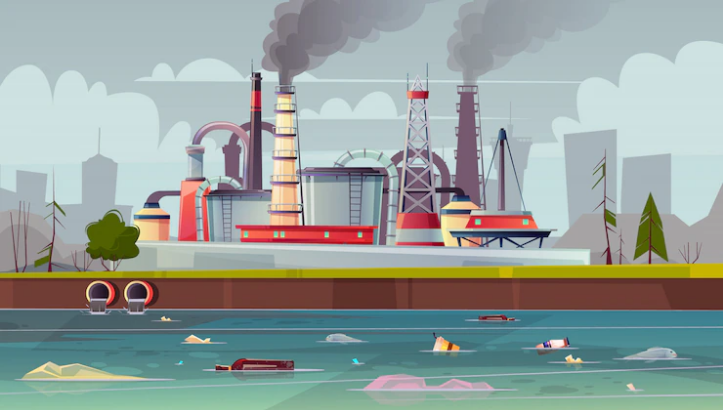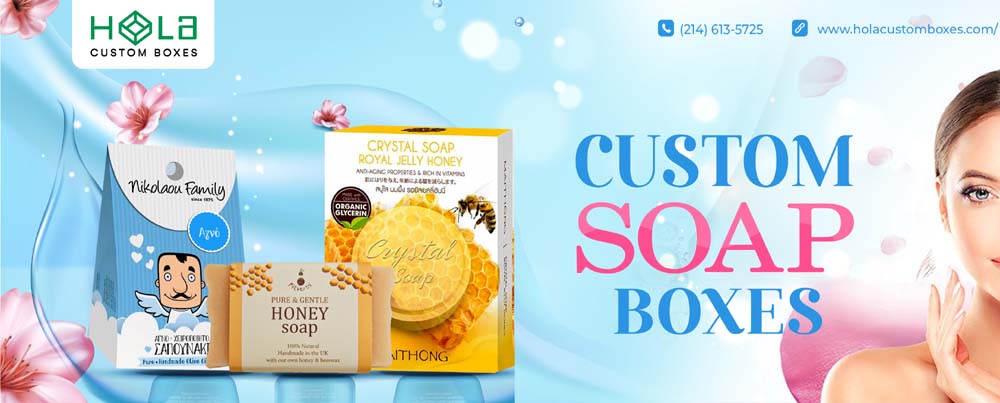Pollution Certificate For Small Scale Industries
A Pollution Certificate is required for any industries that produce emissions or discharges in the air. It is mandatory to have a pollution certificate from the Pollution Control Board or Pollution Control Committee before starting any kind of business. The pollution certificate is valid for three years and it has to be renewed before the expiry date.
Requirements Of Pollution Certificate For Small Scale Industries:
- The applicant should be an Indian National.
- The facility should be located in India only and not abroad.
- The applicant should be at least 18 years old and must be a natural person only.
- The applicant should submit documents like Proof of Identity, Proof of Address, Proof of Date of Birth, etc., along with their application form.
Required consent to establish and operate certificates for Pollution license:
The consent to establish and operate is a certificate issued by the government of India to set up a new industrial unit or expand an existing one. Consent is required for opening any industry, trade, or business which causes pollution or harm to the environment. The consent is issued under various sections of the Water (Prevention & Control of Pollution) Act 1974 (WPCPA).
Section 17 of WPCPA requires industries to apply for consent before setting up or expanding any industrial unit.
Red category:
This category is for the industries that are highly polluting. They are not allowed to operate within a 25 km radius of any habitation, school, or hospital. These industries need to be licensed separately by the pollution control board. Red Category Industries are chemical, pharmaceutical, and distillery.
Orange Category Industries:
This category includes all other categories of industries that are relatively more polluting than the green category but less than the red category. The distance between these industries and human habitation should be at least 5 km. Orange Category Industries need Pollution Control License from CPCB.
Green Category Industries:
Green Category Industries include all other categories of industries that are relatively less polluting than the orange category but more than white category industries. The distance between these industries and human habitation should be at least 10 km away from any habitation or school/college/hospital etc… Green Category Industries need Pollution Control License from CPCB (Central Pollution Control Board).
White Category Industries:
White Industry means an industry whose effluent is not hazardous in nature and its treatment is specified in Water (Prevention and Control) Act 1974 and Environment (Protection) Act 1986 only
Eligibility Criteria for Obtaining permission and Pollution License from the pollution control board
Before you start your business, you need to be aware of the pollution control board in your state. This is because it will be your responsibility to obtain permission from the board before starting any kind of business. The government has made it mandatory for all types of industries to obtain a license from the pollution control board before they start their work.
The main reason why you need to get a license from the pollution control board is that it helps them track down all types of industries. This also helps them monitor how well these industries are being run. If any kind of complaints are received about any type of industry, then they can take action against them accordingly.
Here are some eligibility criteria that you need to consider before applying for a license:
- You must have proper documents and licenses with you before applying for an environment clearance license from the pollution control board.
- The person who is applying must have enough experience in running a business in his field or field related to his application area and should apply for this permission.
- Your business should be registered with the Registrar of Companies (RoC).
- Your application should be well-documented with all the relevant documents, such as your financial status, production capacity, and details of the technology used in your business operations, etc.



